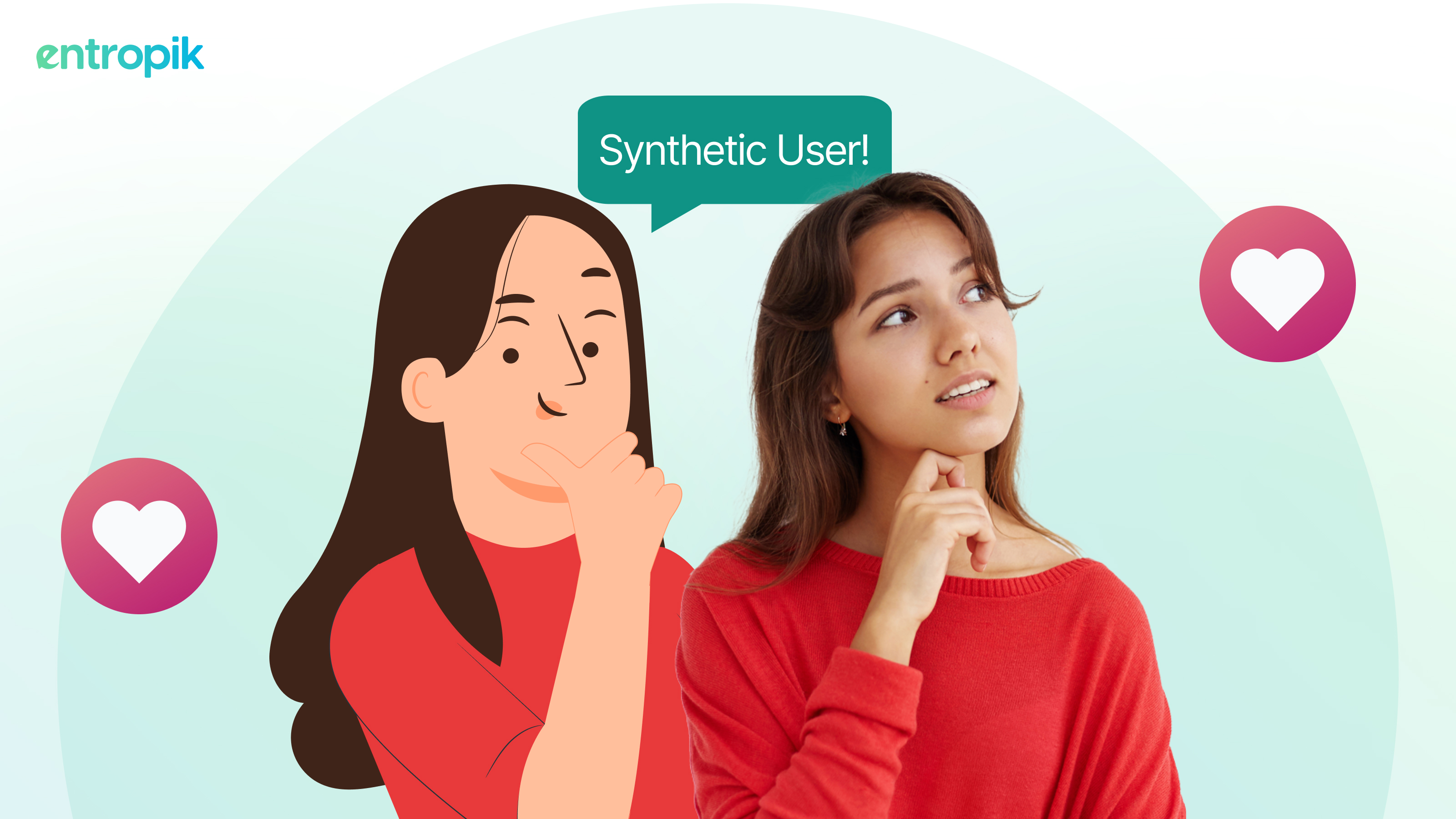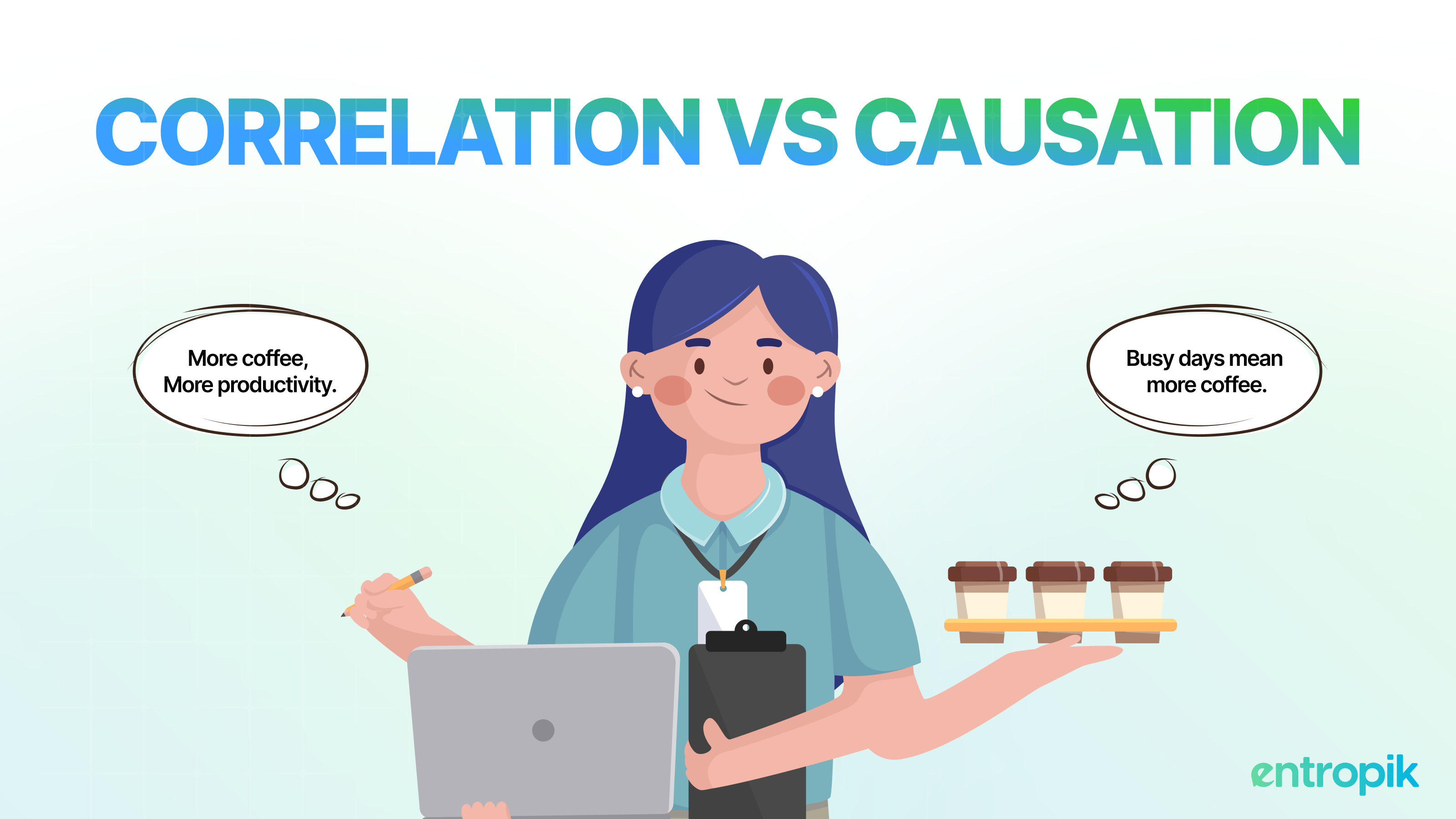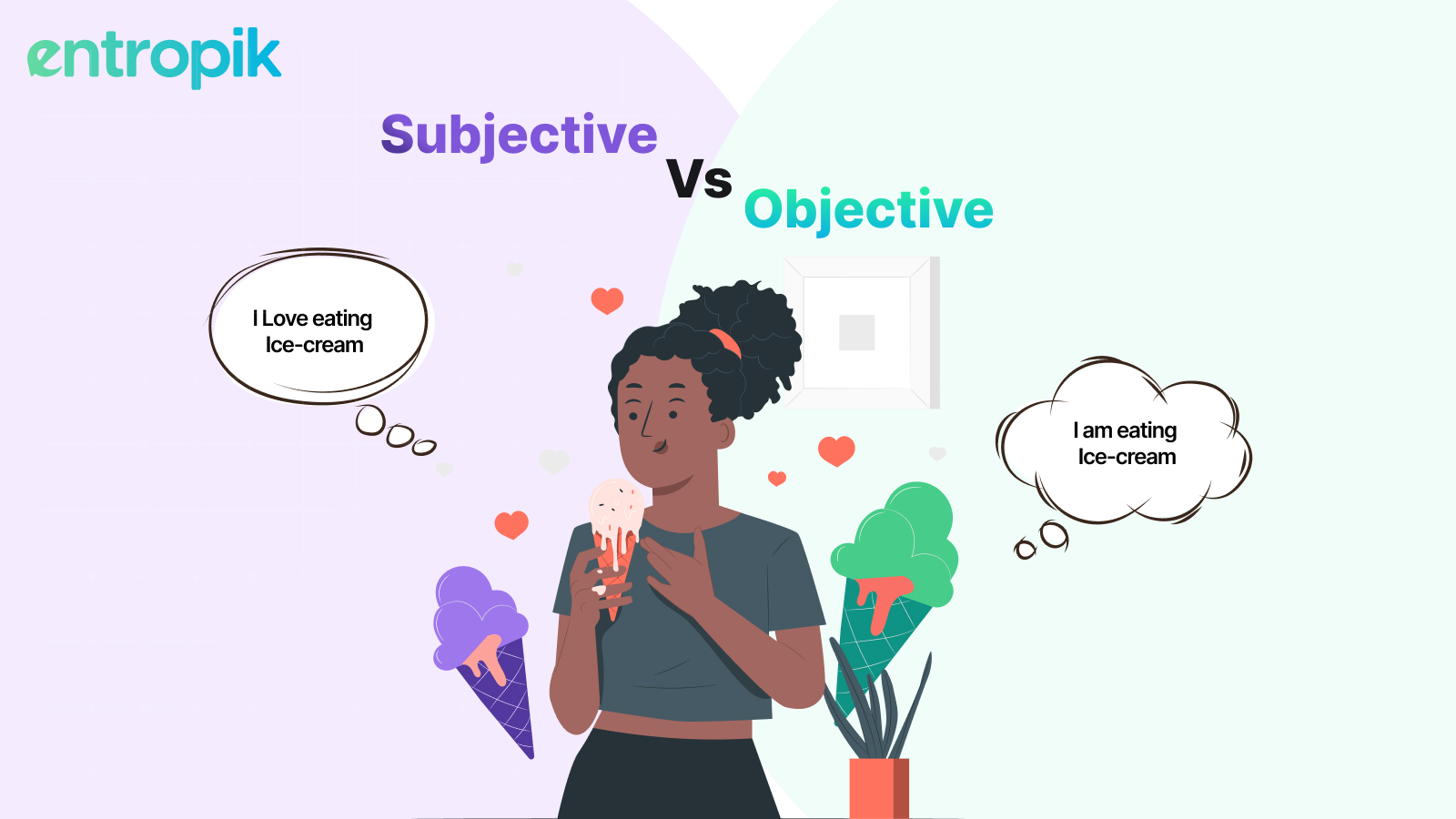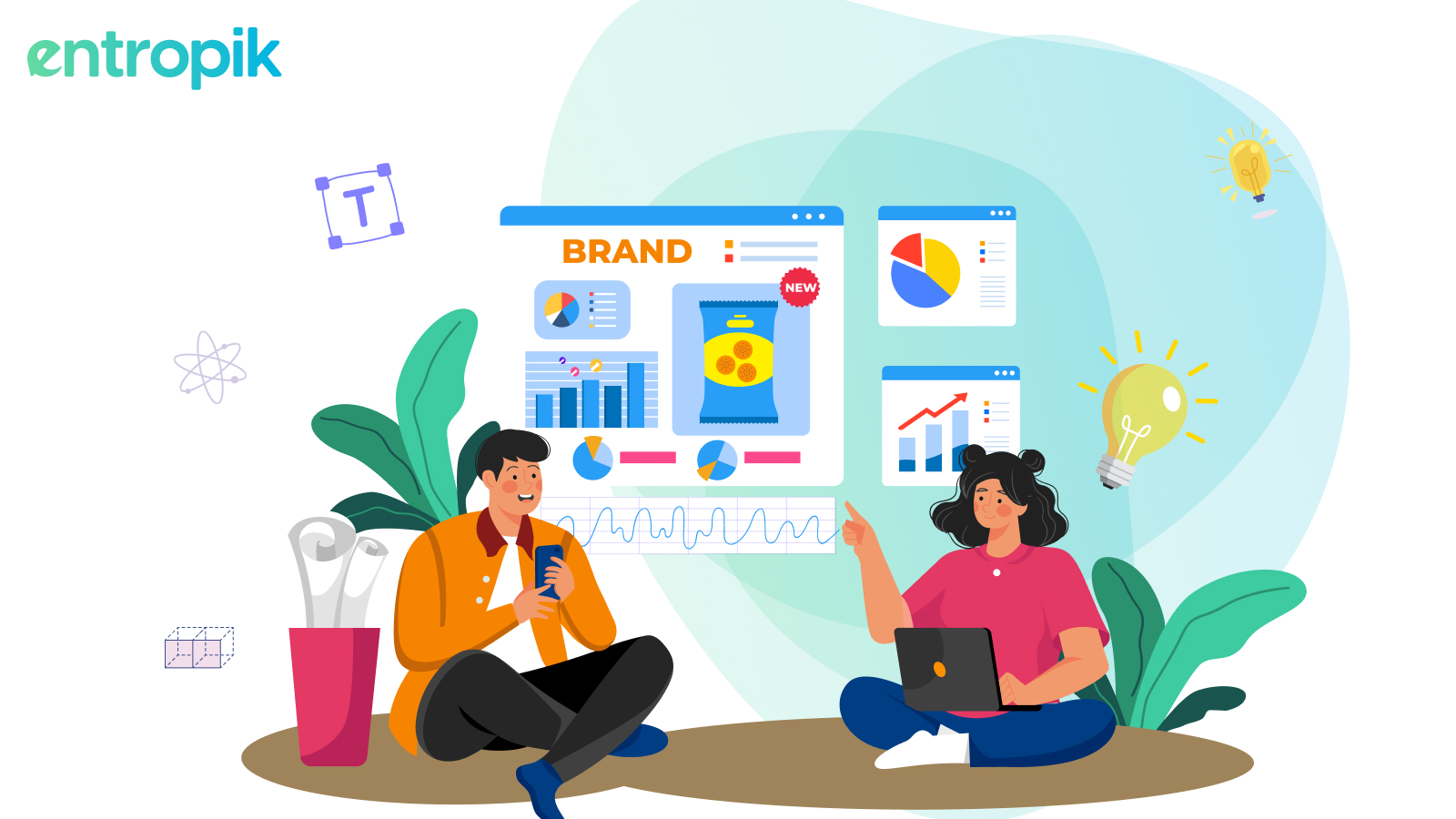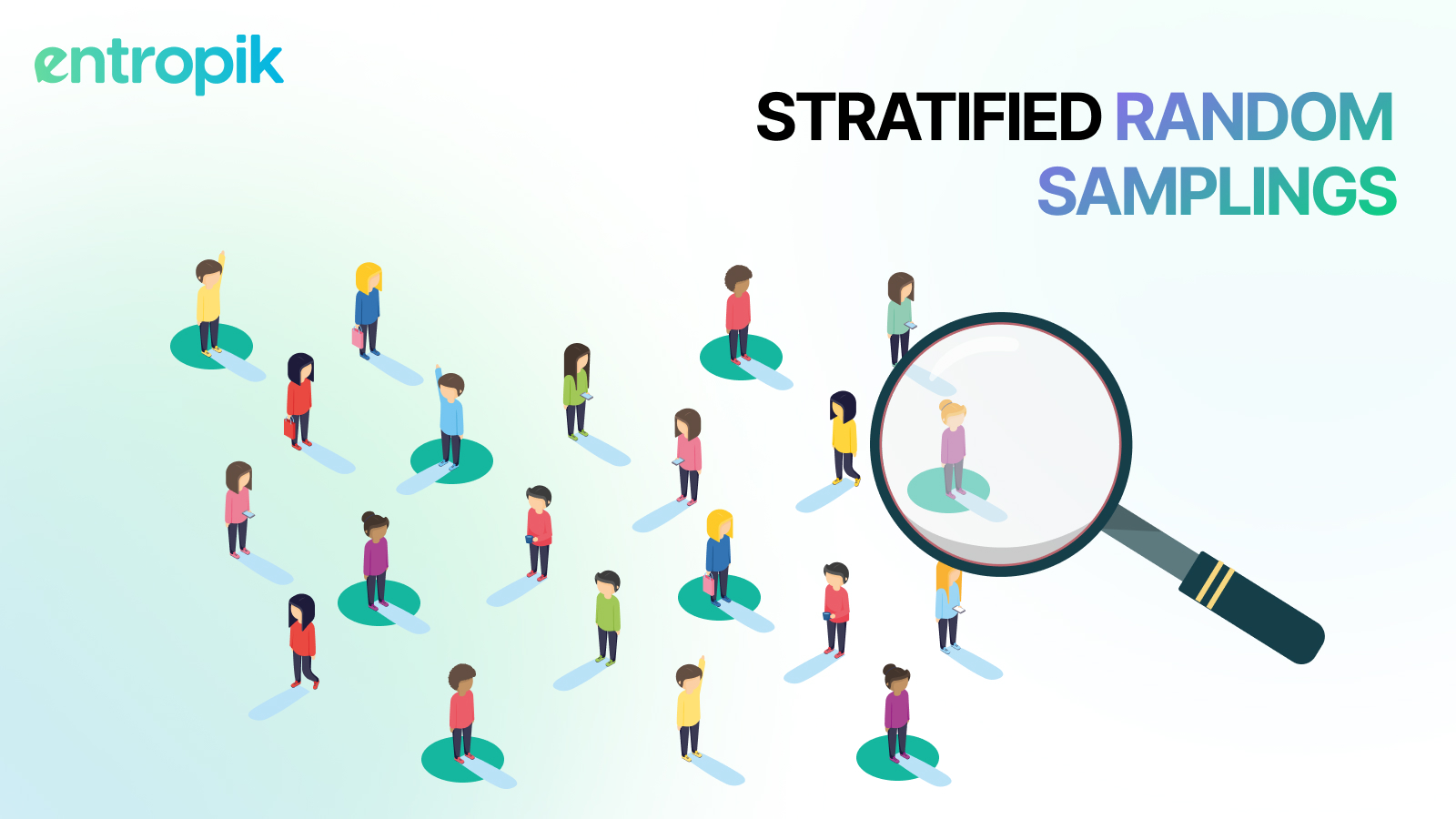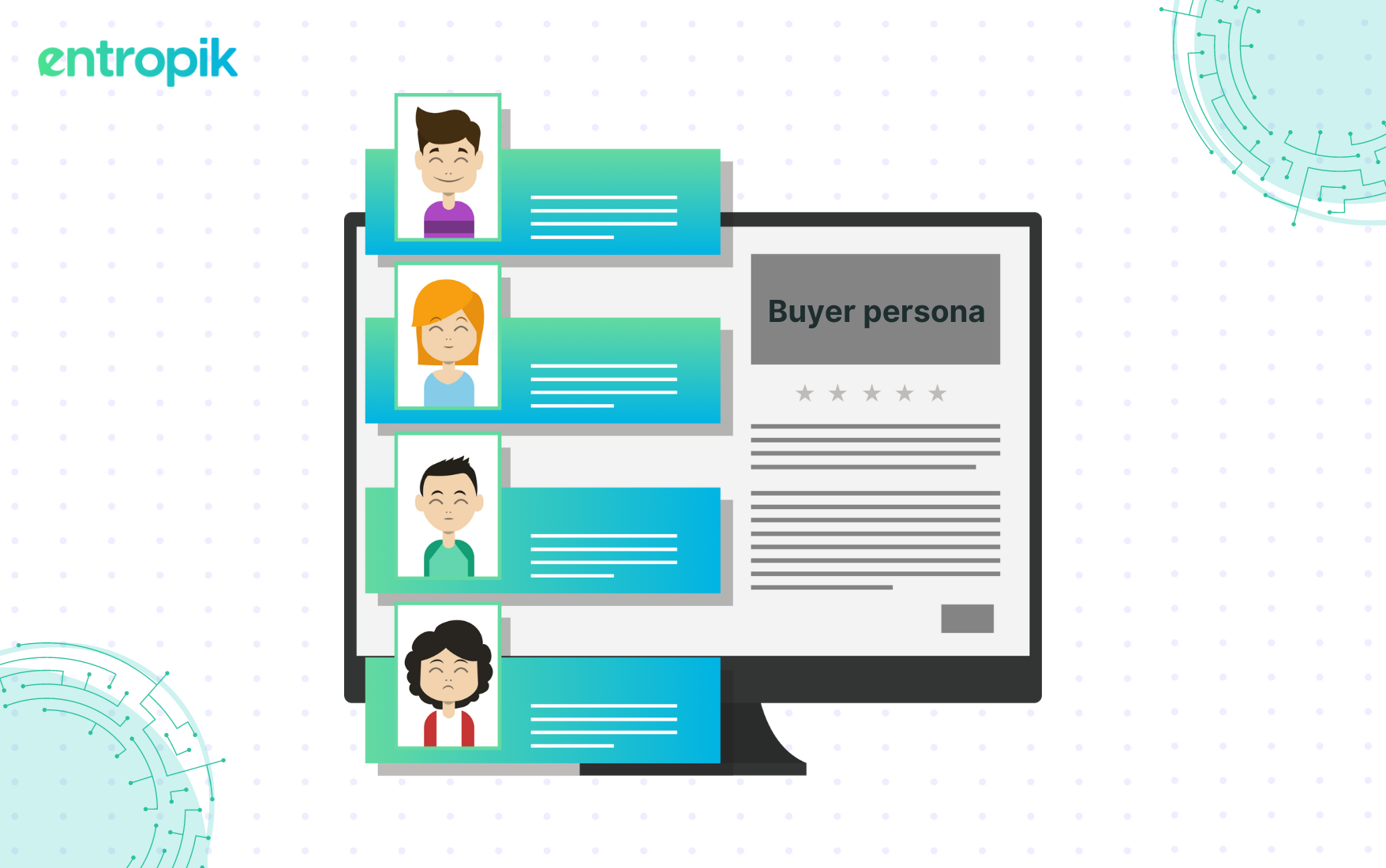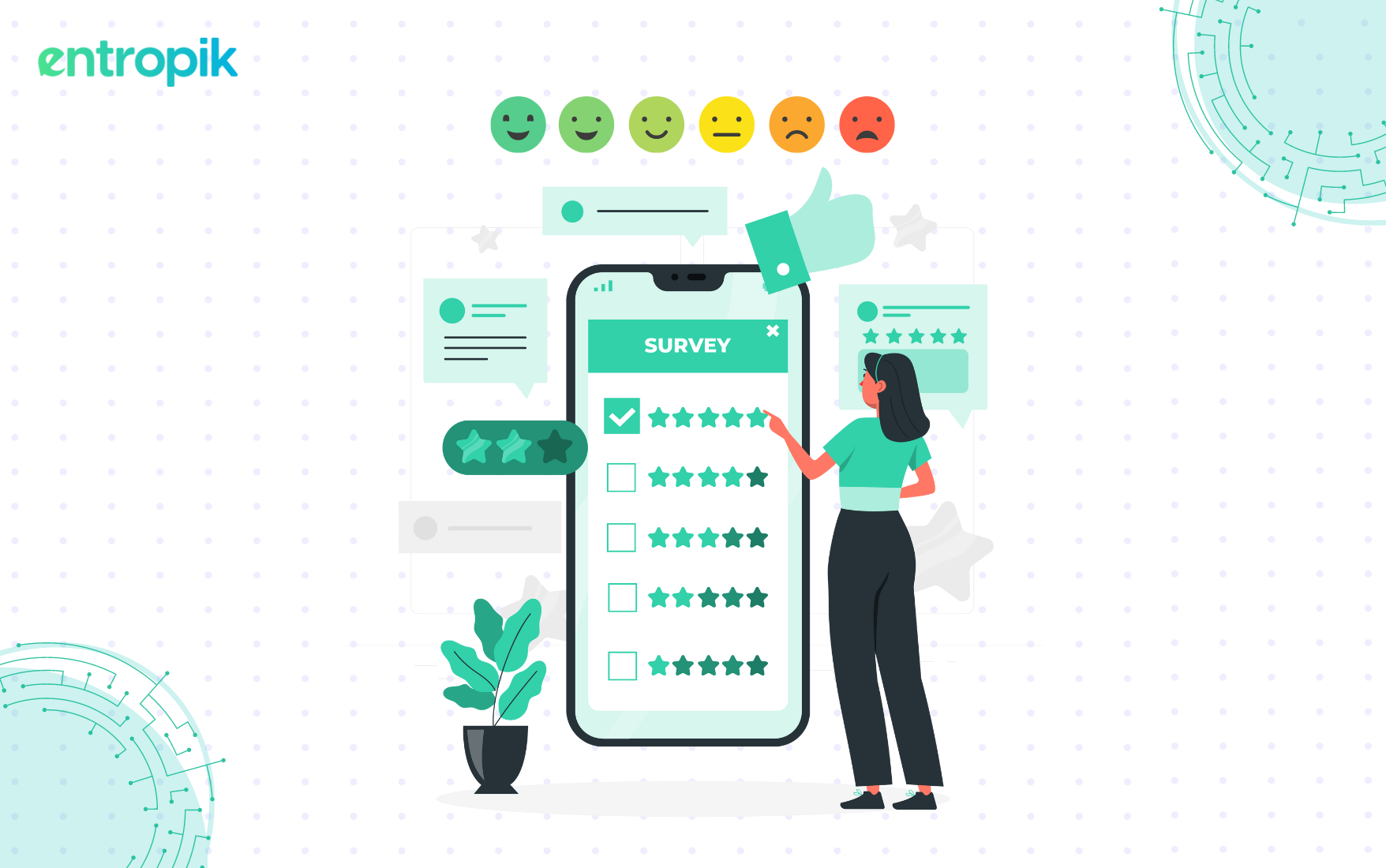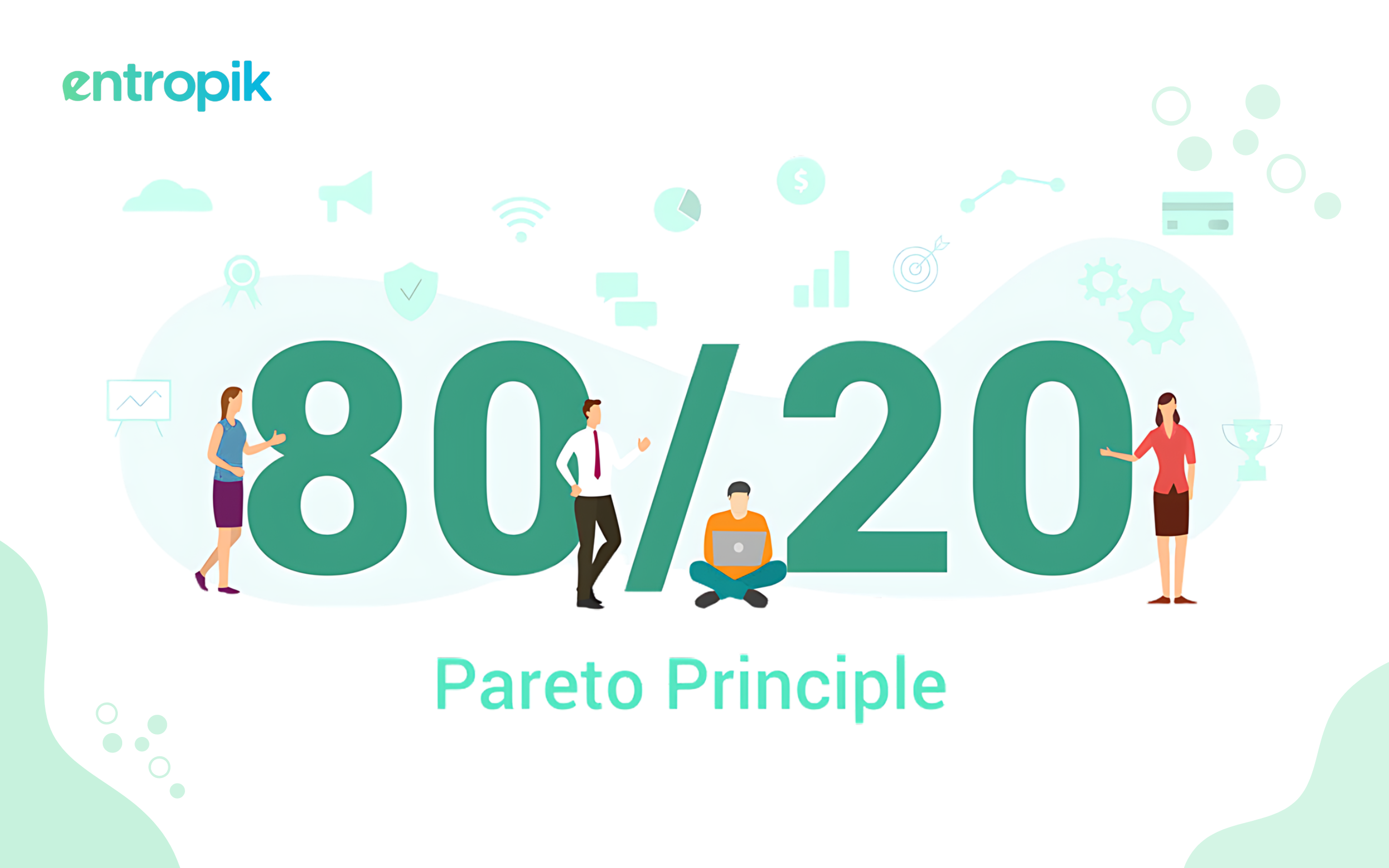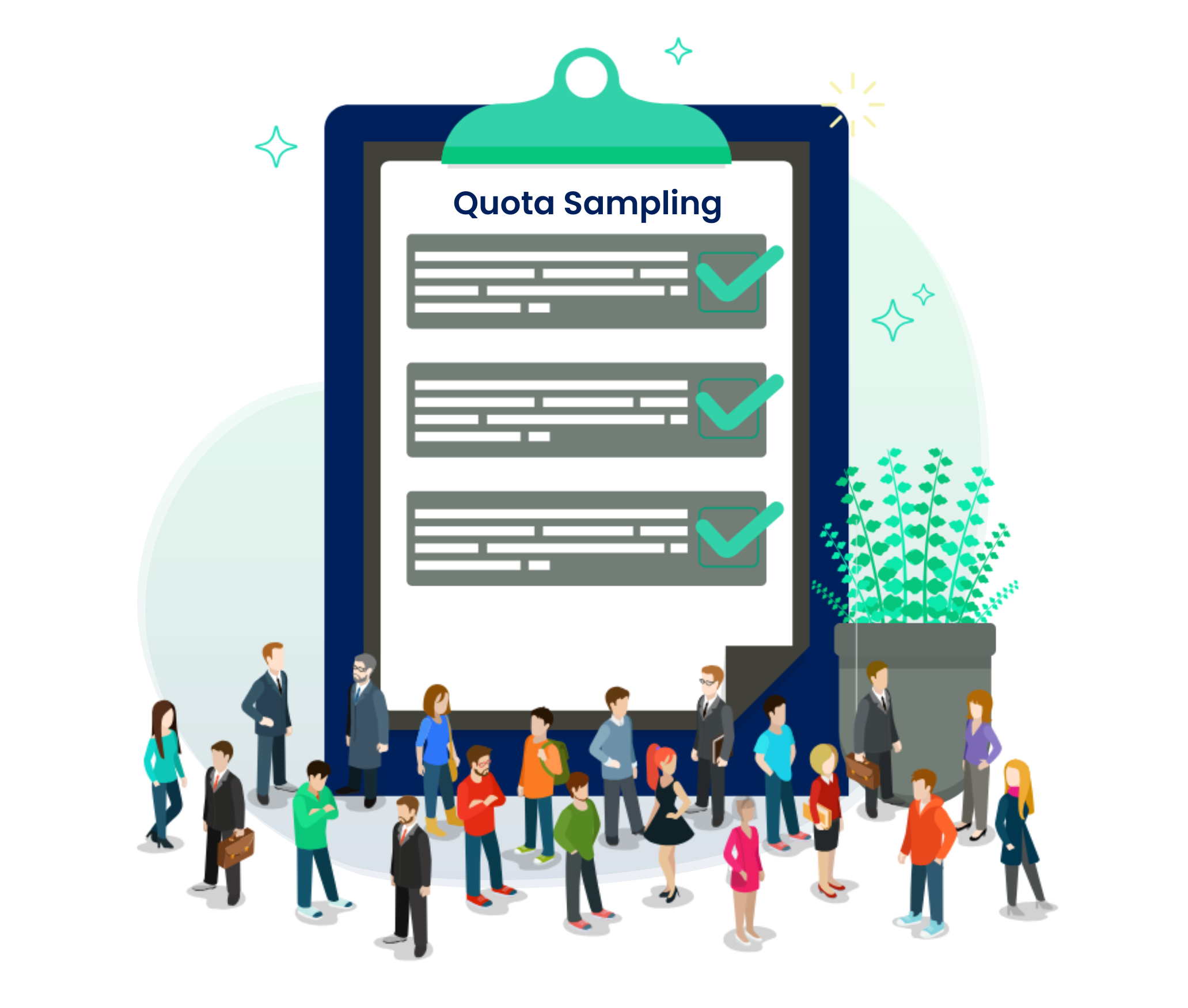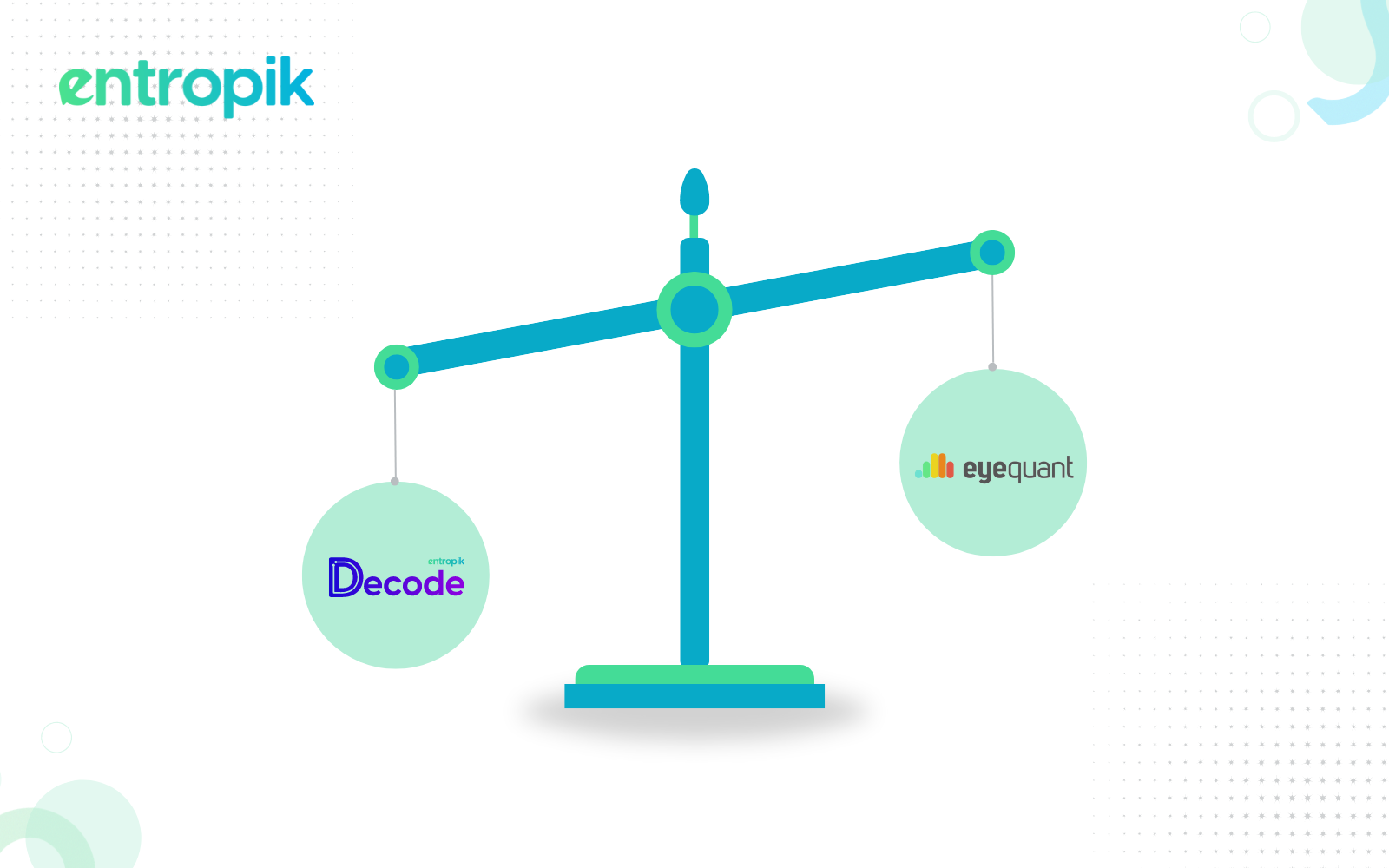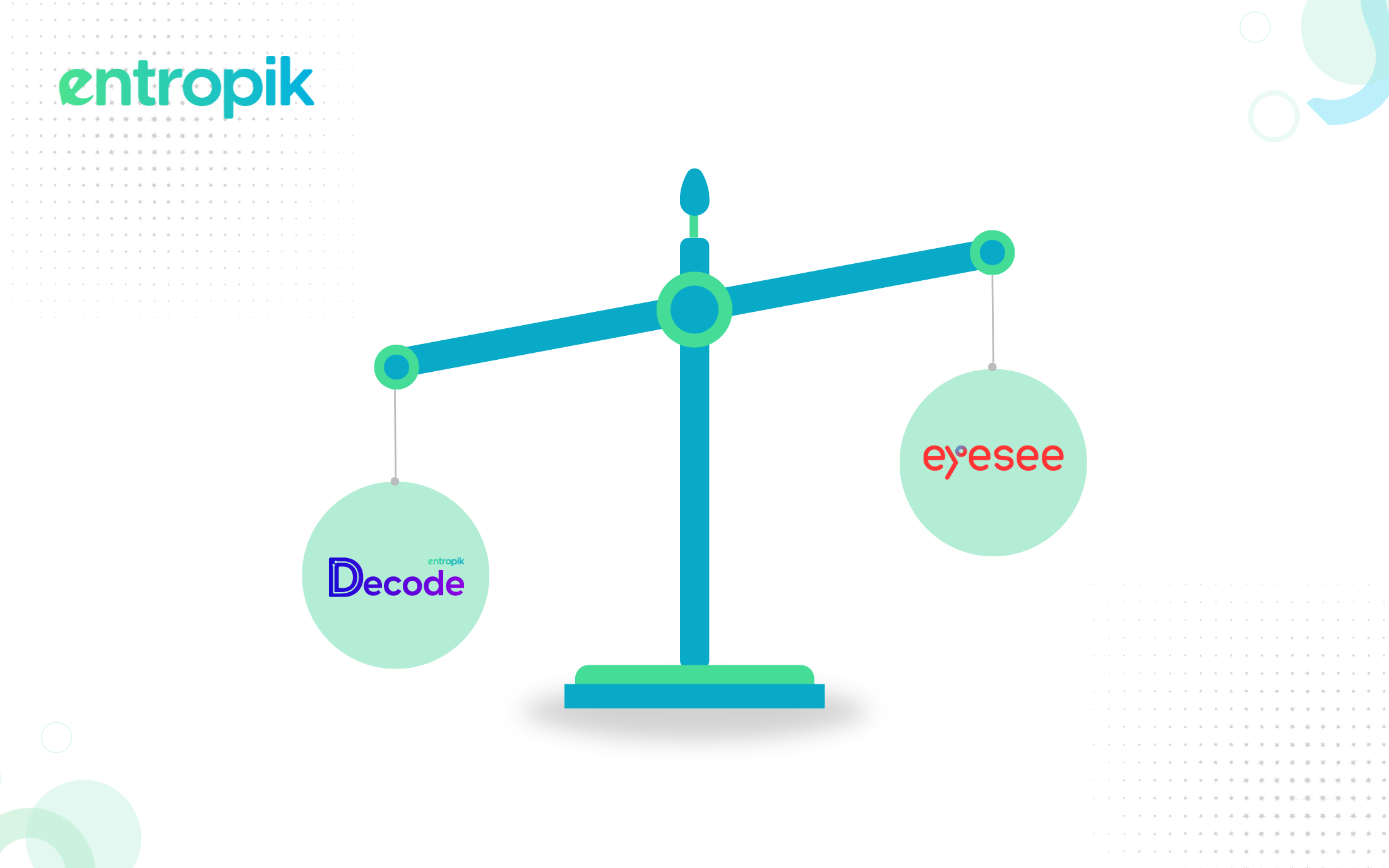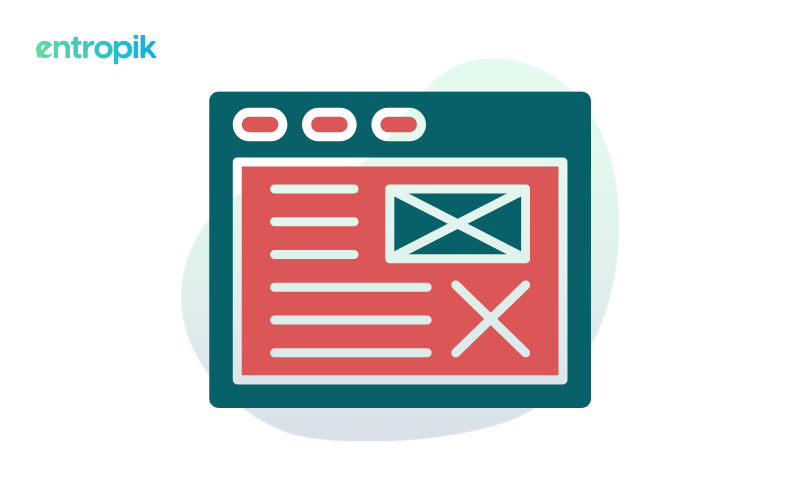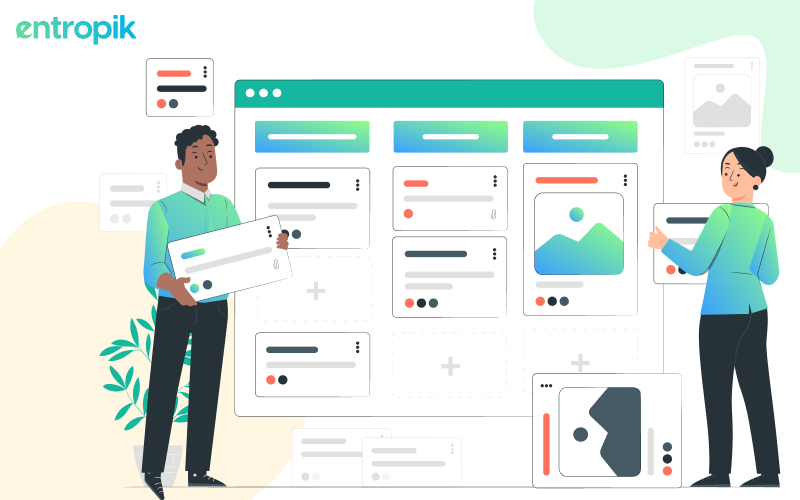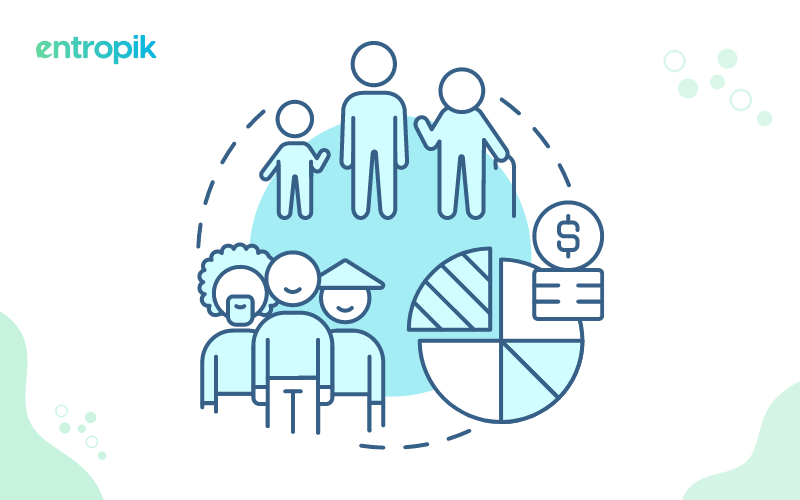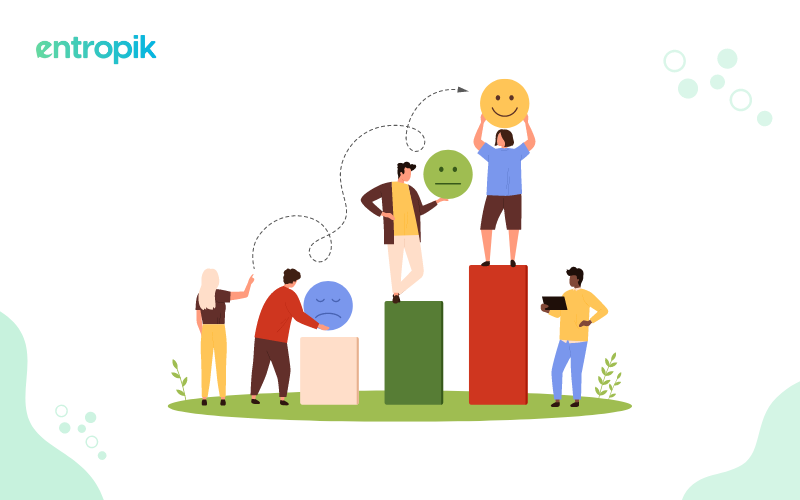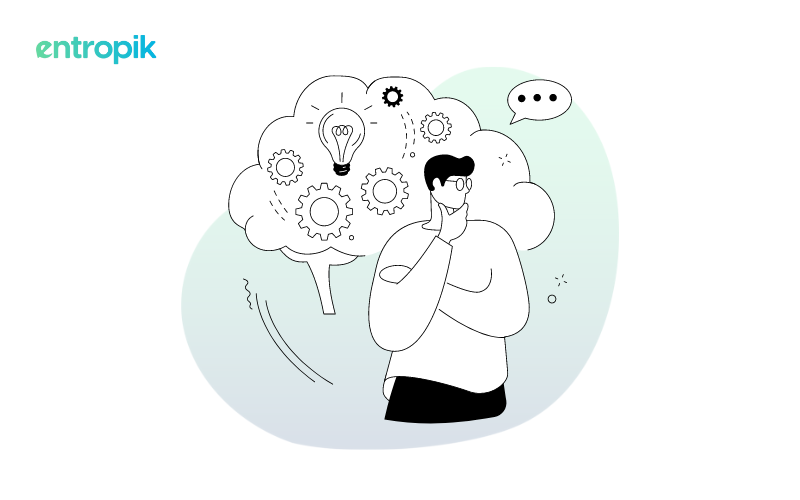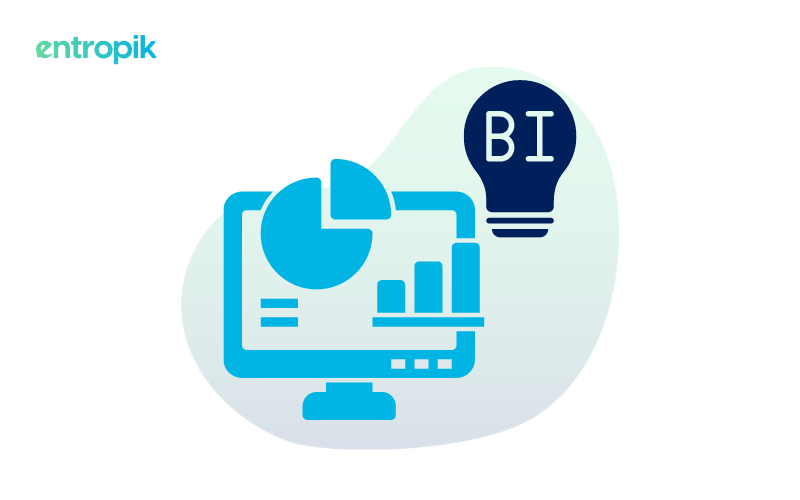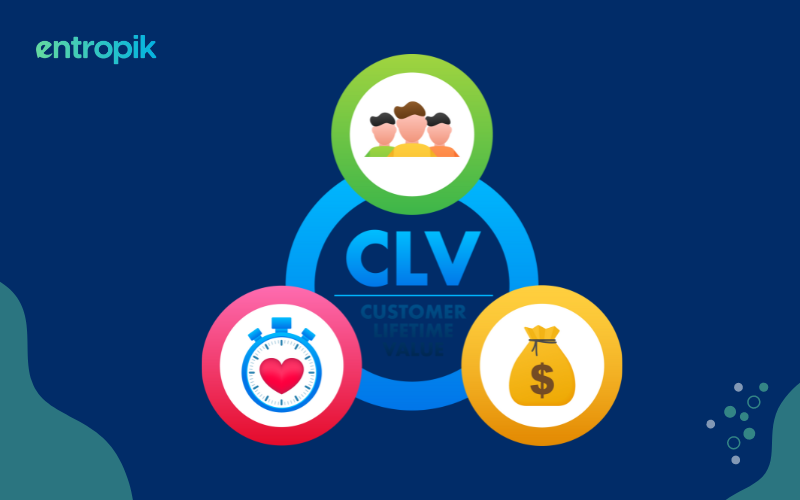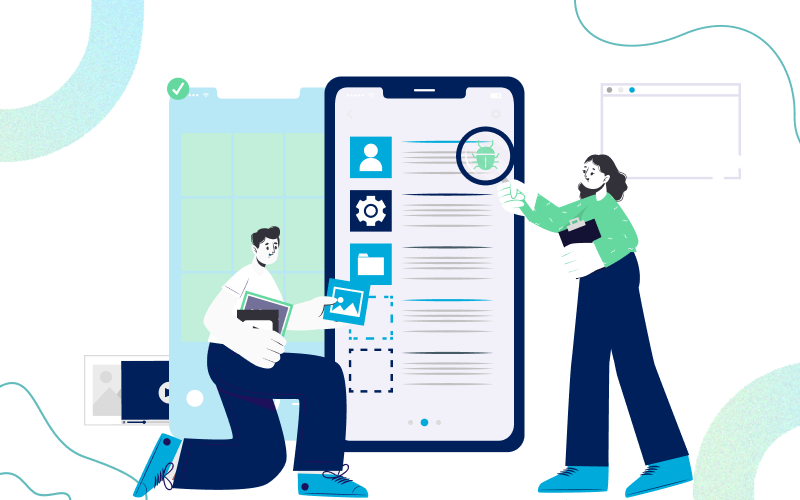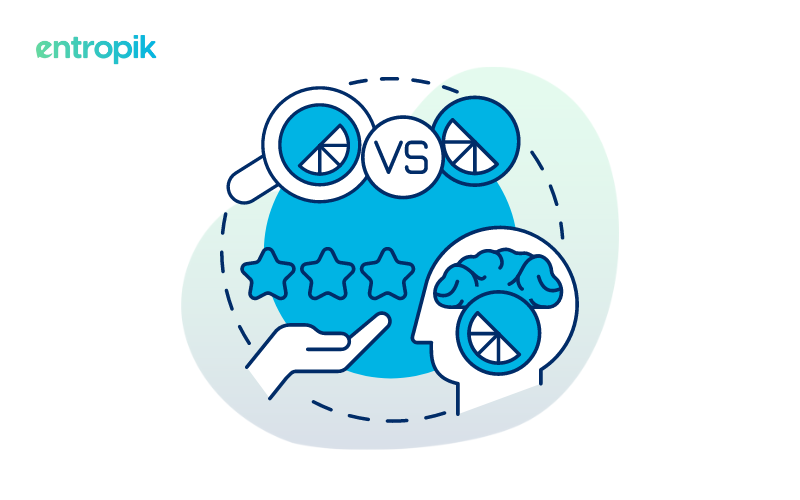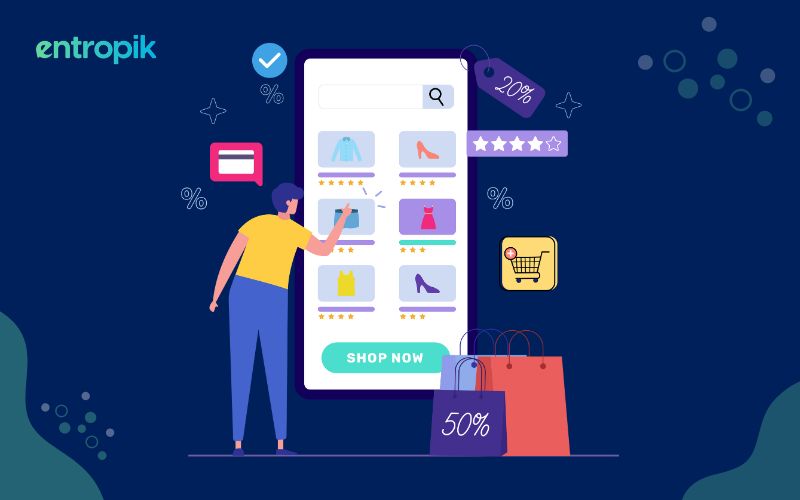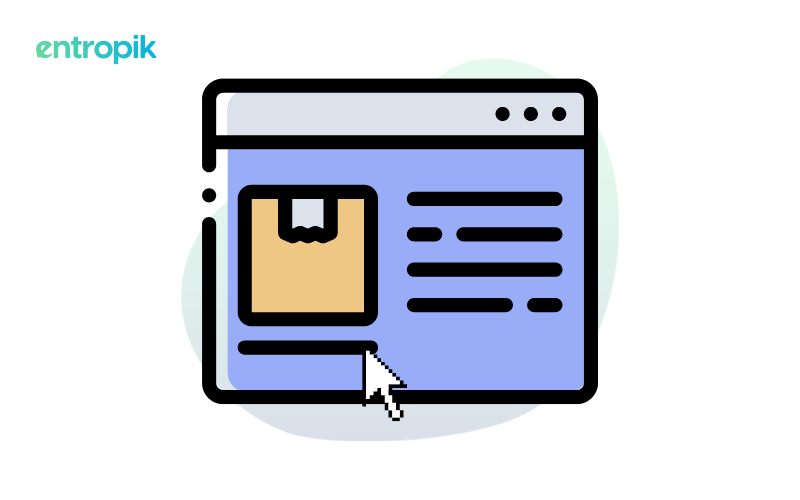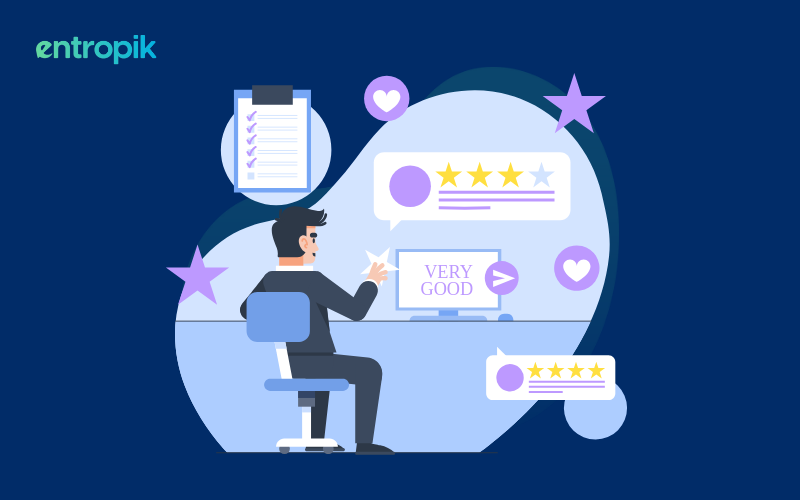Have you ever launched a product or service only to find it falling flat with your target audience? Usually, the biggest culprit happens to be a disconnect between what you think users want and what they actually need. Focus groups act as a powerful tool to bridge this gap, but crafting the right questions is key.
What is a focus group?
A focus group is a qualitative research method in which a small group of individuals, typically 6 to 10 participants, are brought together to discuss and provide feedback on a specific topic, product, service, or concept. The discussion is facilitated by a trained moderator who guides the conversation, asks questions, and encourages participants to share their thoughts, opinions, and experiences. In business, they are commonly used in market research, product development, and advertising to better understand target audiences and inform decision-making processes.
What kind of questions can you ask in a focus group?
Open-ended questions
Open-ended questions in a focus group are designed to encourage participants to provide detailed responses and express their opinions freely. These questions typically do not have a specific answer but allow participants to share their thoughts, feelings, and experiences on a particular topic. They help facilitators gather rich qualitative data and insights from participants. Examples of focus group questions that are open-ended include:
- Can you describe your experience with [product/service]?
- How do you feel about [specific aspect]?
- What challenges have you encountered with [product/service]?
- What improvements would you suggest for [product/service]
- Can you share an example of [experience]?
Advantages:
- Encourages participants to express their thoughts and opinions freely.
- Allows for detailed and rich responses, providing deeper insights.
- Fosters open-ended discussions and exploration of various perspectives.
- Enables facilitators to uncover unexpected insights and new ideas.
- Promotes participant engagement and active participation in the discussion.
Disadvantages:
- Could lead to lengthy or unfocused responses, making it challenging to manage the discussion.
- Responses may vary widely among participants, making it difficult to compare and analyze.
- It can be time-consuming to analyze and interpret the data.
- May not yield consistent or comparable responses across participants.
- Requires skilled facilitation to ensure productive and focused discussions.
Closed-ended questions
Closed-ended questions in a focus group are designed to provoke specific, concise responses from participants. Unlike open-ended questions, which allow for detailed and open-ended responses, closed-ended questions typically have predetermined response options that participants choose from. These questions are often used to gather quantitative data or confirm participants' preferences, opinions, or experiences on a particular topic. Examples of focus group questions that are closed-ended include:
- Do you prefer option A or option B?
- On a scale of 1 to 10, how satisfied are you with [product/service]?
- Which of the following features do you find most important?
- How often do you use [product/service] in your daily life?
- Would you recommend [product/service] to others?
Advantages:
- Provides specific and quantifiable data, making analysis and comparison easier.
- Confirms participants' preferences, opinions, or experiences efficiently.
- Maintains focus and structure in the discussion by directing responses toward specific responses.
- Enables researchers to gather data for statistical analysis or hypothesis validation.
- Helps streamline the data collection process, saving time and resources.
Disadvantages:
- May limit the depth of responses and overlook nuances or variations in participants' perspectives.
- Responses may be influenced by the responses already available, leading to bias.
- May not capture unexpected or unanticipated responses from participants.
- Requires careful crafting to ensure response options accurately capture participants' viewpoints.
- Could lead to oversimplification of participants' experiences or viewpoints, lacking richness and detail in the data collected.
Probing questions
Probing questions in a focus group are follow-up questions designed to delve deeper into a participant's response, explore specific details, or clarify their viewpoint on a particular topic. These questions aim to encourage participants to elaborate on their initial responses, provide more detailed information, or express their thoughts and feelings in greater depth. Probing questions can help uncover underlying motivations, attitudes, and experiences, leading to richer and more nuanced insights from participants. Some focus group questions examples that are probing include:
- How did you feel about [specific aspect]?
- Could you give an example to illustrate your point?
- How do you think [specific action] would impact [outcome]?
- What factors influenced your decision?
- Can you walk us through your thought process?
Advantages:
- Help uncover deeper insights and nuances in participants' responses.
- Encourage participants to elaborate on their initial responses, providing more detailed information.
- Foster meaningful dialogue and exploration of specific details or viewpoints.
- Clarify ambiguities or misunderstandings, ensuring accurate capture of participants' responses.
- Enable facilitators to navigate the discussion and maintain focus on the topic of interest.
Disadvantages:
- May lead to lengthy or repetitive responses, making it challenging to manage the discussion.
- Require skilled facilitation to ensure questions are asked neutrally and are not phrased to lead the participants.
- Can be time-consuming, especially if there are multiple participants and topics to explore.
- May influence participants' responses or steer the discussion in a particular direction.
- Require careful consideration to strike a balance between probing for deeper insights and respecting participants' time and engagement.
Scenario-based questions
Scenario-based questions in a focus group present hypothetical situations or scenarios to participants and ask them to respond based on their thoughts, opinions, or experiences. These questions aim to explore how participants would react, behave, or make decisions in specific situations related to the topic of discussion. Scenario-based questions help to understand participants' thought processes, preferences, and decision-making criteria, providing valuable insights into their behaviors and attitudes. Examples of focus group questions that are scenario-based include:
- Imagine you are using our product/service in [scenario]. How would you expect it to perform?
- If you were in charge of designing [feature], what would you prioritize?
- How would you react if [event] happened while using our product/service?
- If you were to recommend our product/service to a friend in [scenario], what would you highlight?
- Think about a scenario where [situation]. How would you navigate that using our product/service?
Advantages:
- Provide participants with concrete examples to consider, making the topic more relatable and engaging.
- Encourage participants to think critically and explore hypothetical situations related to the topic.
- Facilitate discussion on potential outcomes and implications of different scenarios.
- Allow for exploration of participants' decision-making processes and preferences in specific contexts.
- Enable facilitators to gather insights into how participants would respond or behave in various situations.
Disadvantages:
- May lead to speculative or hypothetical responses that may not accurately reflect participants' actual behaviors or experiences.
- Responses may vary widely among participants, making it challenging to draw conclusions or generalize findings.
- Can be time-consuming, especially if there are multiple scenarios to discuss.
- Require careful crafting to ensure scenarios are relevant and realistic to participants' experiences.
- May not capture unexpected or unanticipated responses from participants, limiting the depth of insights gathered.
Opinion-based questions
Opinion-based questions in a focus group are designed to elicit participants' opinions, preferences, or attitudes on a specific topic or issue. These questions aim to gather subjective viewpoints and insights from participants, allowing them to express their thoughts, feelings, and beliefs freely. Opinion-based questions help facilitators understand participants' perspectives, preferences, and attitudes, providing valuable insights into their opinions and motivations. Some focus group questions examples that are opinion-based include:
- What is your opinion on the recent changes to [product/feature]?
- Do you agree or disagree with [statement]? Why?
- In your opinion, what sets our product/service apart from competitors?
- What improvements would you suggest for [product/service]?
- What do you think about the [trend/event] in [industry]?
Advantages:
- Get participants' subjective viewpoints, preferences, or attitudes on a specific topic.
- Provide insights into participants' opinions, beliefs, and motivations.
- Encourage participants to share their thoughts and feelings freely, fostering open discussion.
- Allow facilitators to understand the diversity of opinions within the focus group.
- Help inform decision-making and strategy development based on participants' opinions and preferences.
Disadvantages:
- Subject to bias, as participants' responses may be influenced by personal beliefs or social desirability.
- Responses may vary widely among participants, making it challenging to draw conclusions or generalize findings.
- Can be difficult to analyze and interpret due to the qualitative nature of the data.
- May overlook nuances or variations in participants' perspectives, leading to oversimplification.
- Require skilled facilitation to ensure participants feel comfortable sharing their opinions and that the discussion remains respectful and productive.
Behavioral questions
Behavioral questions in a focus group are designed to explore participants' past behaviors, experiences, or actions related to a specific topic or issue. These questions aim to gather insights into how participants have previously acted or responded in similar situations, providing valuable context and understanding of their behaviors and decision-making processes. They help facilitators uncover patterns, trends, and motivations underlying participants' actions, contributing to a deeper understanding of their experiences and perspectives. Examples of behavioral questions in a focus group include:
- What factors influenced your decision to [action]?
- How do you typically respond when faced with [situation]?
- What led you to choose [option] over [alternative] in the past?
- What are some challenges you've faced when [engaging in specific behavior]?
- How has your experience with [product/service] influenced your future decisions?
Advantages:
- Provide insights into participants' past behaviors, experiences, or actions related to a specific topic.
- Offer concrete examples and real-life scenarios for participants to draw from, making the topic more relatable.
- Enable facilitators to understand participants' decision-making processes, motivations, and attitudes based on their past behaviors.
- Foster open discussion and exploration of participants' experiences, leading to deeper insights.
- Help inform decision-making and strategy development based on participants' behaviors and experiences.
Disadvantages:
- Subject to recall bias, as participants may not accurately remember or report past behaviors.
- Responses may be influenced by social desirability bias, leading participants to provide responses they think is socially acceptable.
- Can be time-consuming to explore participants' past behaviors and experiences, especially if there are multiple scenarios to discuss.
- May not capture unexpected or unanticipated responses from participants, limiting the depth of insights gathered.
- Require skilled facilitation to ensure participants feel comfortable sharing their experiences and that the discussion remains focused and productive.
What are some dos and don’ts to consider while writing focus group questions?
Dos:
- Start with clear objectives: Begin by clearly defining the objectives of the focus group and what specific insights you aim to gather.
- Use clear and concise language: Write questions using simple and straightforward language to ensure participants understand the prompts easily.
- Consider the order: Structure questions in a logical sequence, starting with broader, more general inquiries before moving on to more specific or sensitive topics.
- Ensure neutrality: Write questions in a neutral and non-leading manner to avoid biasing participants' responses.
- Encourage engagement: Frame questions to encourage active participation and engagement among participants, fostering open discussion and diverse viewpoints.
Don'ts:
- Avoid jargon: Steer clear of using technical language or jargon that may confuse or alienate participants, opting instead for clear and accessible language.
- Avoid double-barreled questions: Do not combine multiple ideas or topics into a single question, as this can confuse participants and lead to unclear responses.
- Avoid assumptions: Avoid making assumptions about participants' experiences, preferences, or opinions in the wording of questions.
- Avoid overloading participants: Keep the number of questions manageable to prevent
- Avoid ambiguity: Ensure that questions are clear and unambiguous to minimize misunderstandings or confusion among participants.
{{cta-button}}















.jpg)


